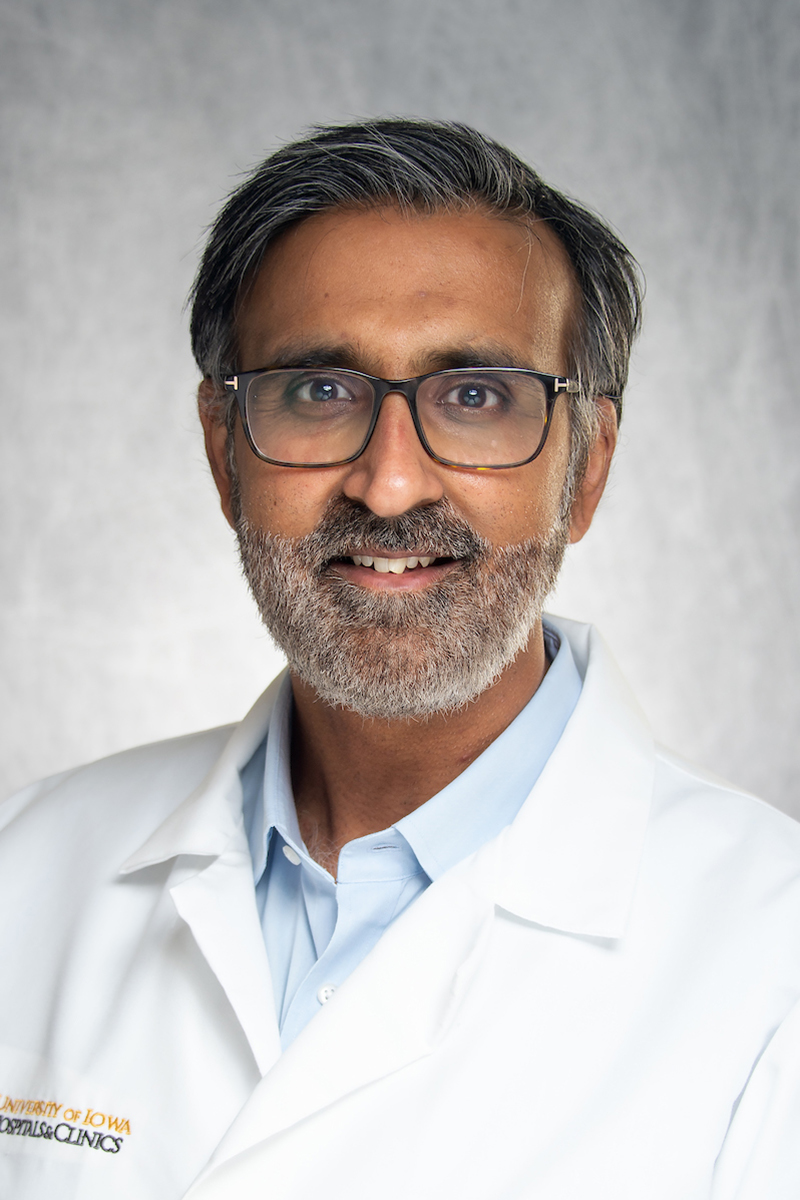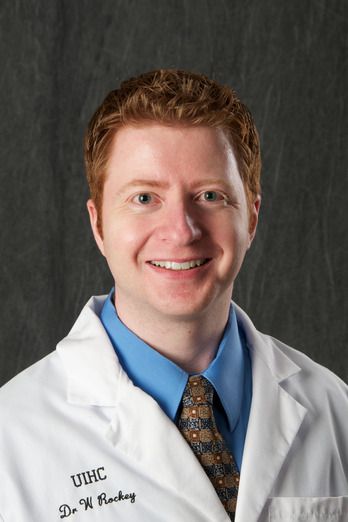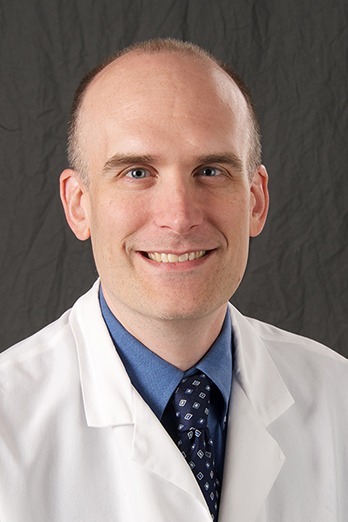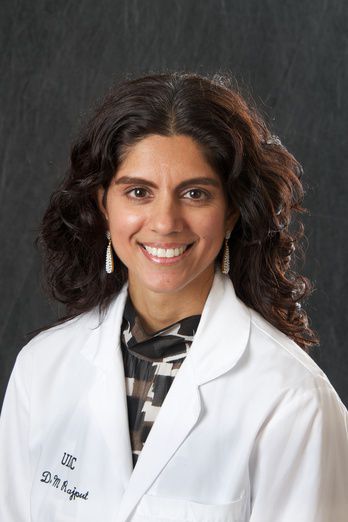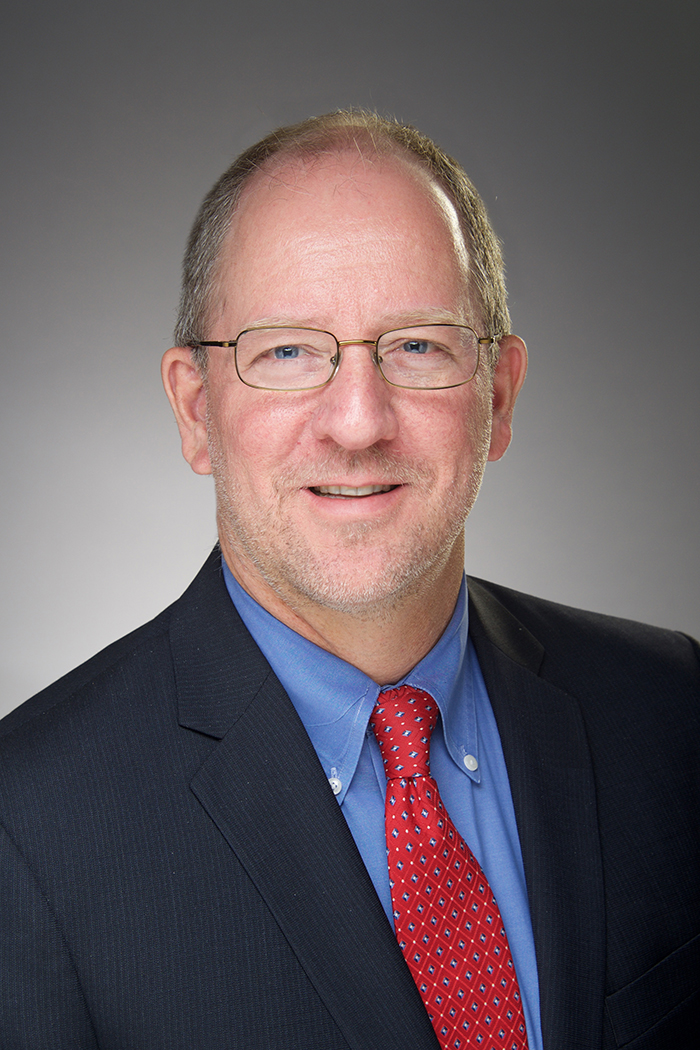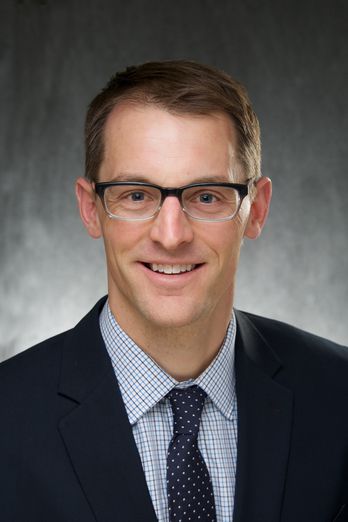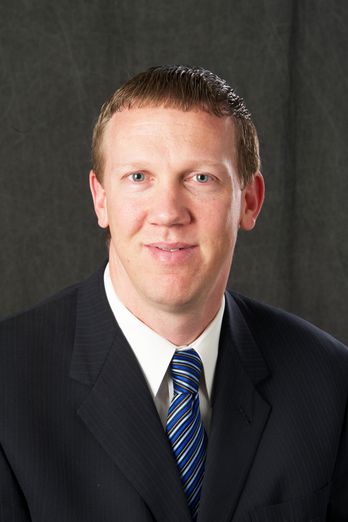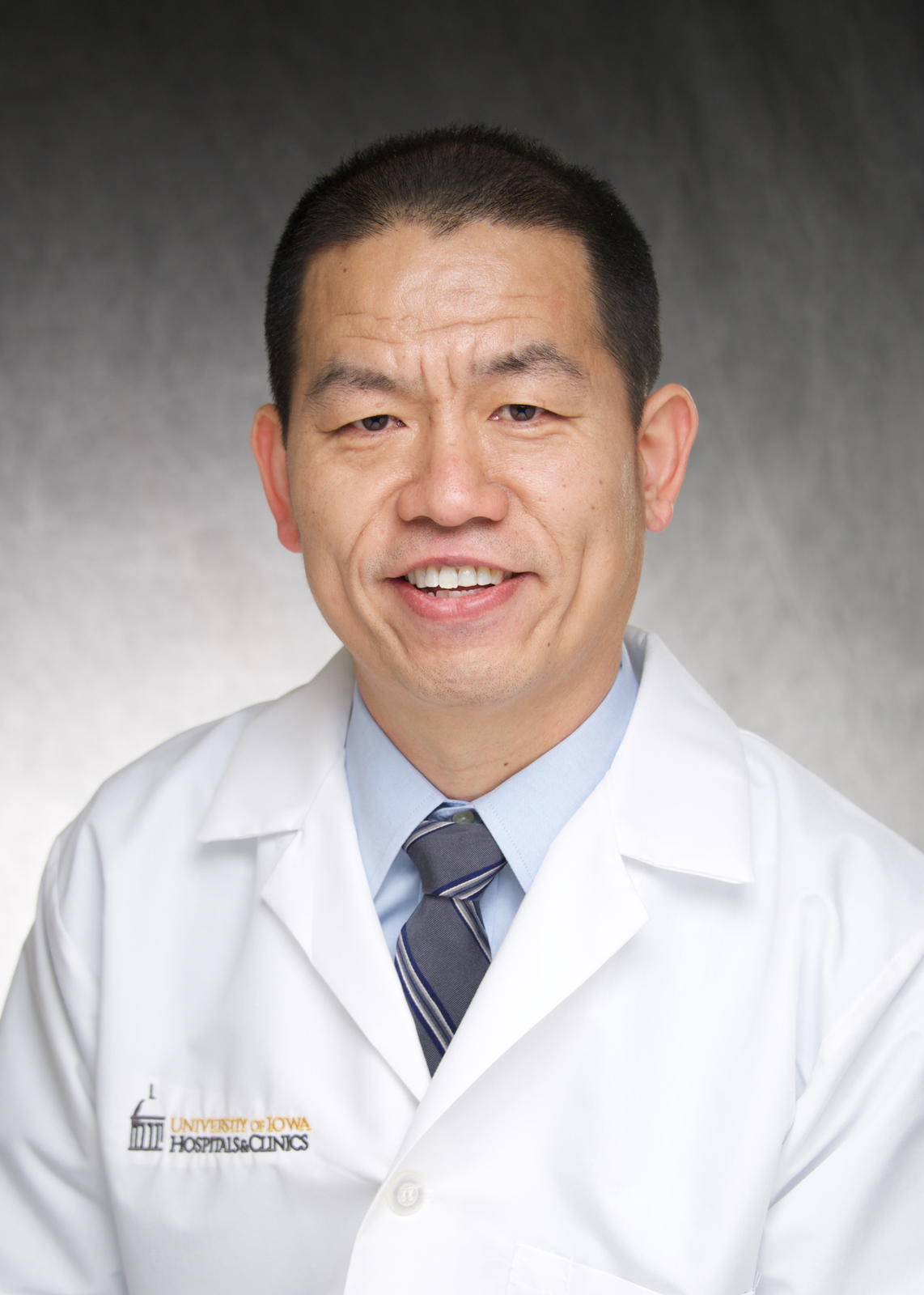You may not notice cancer in your kidney when the disease is in its early stages.
Because your kidneys are deep inside your body, small tumors in them are not always noticeable. Tumors may not cause symptoms that are easy to see or feel until the cancer has grown and started to spread.
Your doctor may not find early signs of kidney cancer during a routine examination. Many times, people learn they have kidney cancer after they have a test for some other condition.
That’s why it’s important to pay attention to the symptoms of kidney cancer.
Learn more about kidney cancer, who gets it, and how it’s treated.
- Blood in your urine is one of the most common kidney cancer symptoms.
-
The main purpose of your kidneys is to remove water and waste products from your blood and turn them into urine, which then goes into your bladder. Tumors in your kidneys can cause blood to get into the urine, and you may be able to see it when you urinate.
Some other common symptoms of kidney cancer include:
- Fatigue or tiredness that keeps coming back
- Fever
- A mass or lump on your side, near your rib cage
- Pain in the lower back that doesn’t go away
- Weight loss that you didn’t expect
It’s important to remember the most common symptoms of kidney cancer are also symptoms of other conditions that aren’t cancer. So if you notice any of these signs, that doesn’t mean you have kidney cancer. Still, it’s a good idea to talk to your doctor about them.
- Kidney cancer may be one of two common types.
-
Clear cell renal cell carcinoma and papillary renal cell carcinoma are the two most common types of kidney cancer.
These cancers start in cells in the kidneys. Normal kidney cells change and become cancer cells. Those cancer cells then form tumors. The tumors sometimes spread to other parts of the body.
Some tumors that are not cancer may grow in the kidneys. These tumors, called benign tumors, don’t spread to other parts of the body the way cancer does, but they can still harm your kidneys and should be removed, just like cancerous tumors.
- People who smoke or are overweight have a higher risk of getting kidney cancer.
-
Doctors don’t know what causes normal kidney cells to turn into cancer cells. But they do know that certain things can make it more likely to happen. These are called risk factors. A risk factor is anything that increases your chances of getting a disease.
You can control some of your risk factors.
For example, smoking has been shown to increase your risk for kidney cancer. The more you smoke, the higher your risk.
People who are obese, or very overweight, also have an increased risk of kidney cancer.
Other risk factors are things you can’t control.
A major risk factor for getting kidney cancer is being a man. Men are twice as likely as women to get kidney cancer.
Age is another risk factor. Kidney cancer is more common in adults over age 55.
Family history is a risk factor. If someone in your family has had kidney cancer, you may be more likely to get it. Or you may have inherited certain genetic factors from your parents that can make you more likely than the average person to get kidney cancer.
If you have advanced kidney disease, especially if it requires you to get dialysis treatments, that may also give you a higher risk for kidney cancer.
- The most common kidney cancer treatment is surgery to remove the tumor.
-
In some cases, the only choice is surgery to remove the entire kidney to get rid of the cancer. Most people can live a normal life with one kidney. This procedure is called a radical nephrectomy.
But if the tumor is small enough, or if it’s on the outer edge of the kidney, a partial nephrectomy can be a better option. A partial nephrectomy is the removal of only the part of the kidney with the tumor in it. A partial kidney will continue to work just as well, or almost as well, as the full kidney did.
A partial nephrectomy is an advanced procedure that must be performed by a surgeon with special training.
Holden Comprehensive Cancer Center offers the latest care options, including kidney-saving robot-assisted partial nephrectomy.
We have a team of specialists who focus only on cancers of the urinary system, including kidney cancer. They study, diagnose, and treat these cancers every day, so they have a deep understanding of the best techniques and most recent advances in caring for these cancers.
Holden offers:
Robotic and standard surgery: Holden’s kidney cancer surgeons offer you the best options available for kidney cancer surgery, including robot-assisted partial nephrectomy, a highly specialized surgery that removes tumors without removing the kidney.
Clinical trials: Our doctors participate in research studies of the latest therapies for kidney cancer. We offer these promising new approaches to our patients before they’re widely available elsewhere.
Personalized care from a team of experts: Your kidney cancer care team has surgical oncologists, medical oncologists, radiologists, pathologists, pharmacists, genetic counselors, nurses, and others, all working together to tailor a care plan for you—including your life after treatment.
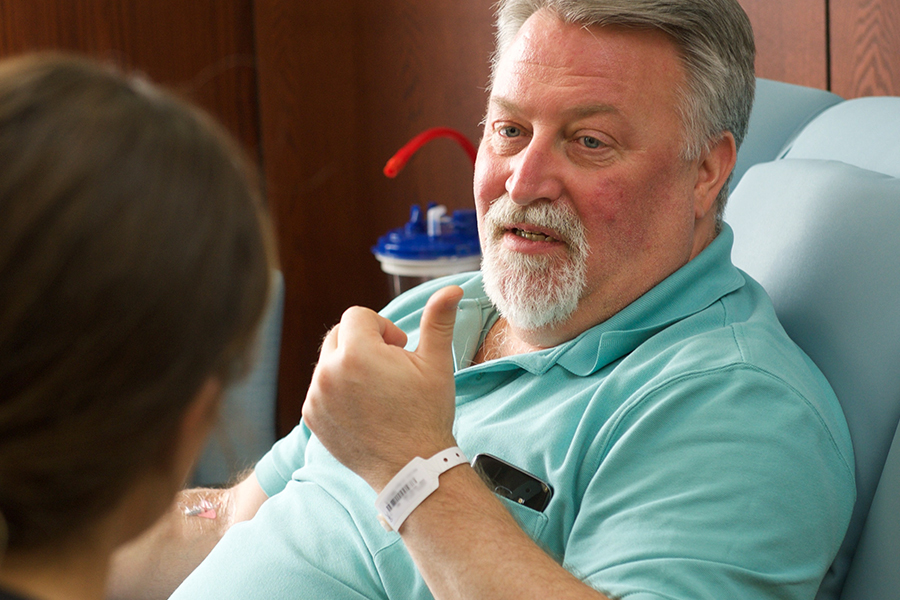
“An academic medical center makes a difference to me.”
Meet the team treating your cancer.
Internal Medicine Physicians
Pathology Physician
Radiation Oncology Physicians
Radiology Physician
Urology Physicians
Genetic Counselors
Physician Assistant
Research Nurses
- Michelle Arnold, RN
- Susan Butcher, RN
- Janan Geick-Miller, RN
- Mary Schall, RN
- Jill Wageman, RN
- Pam Zehr, RN
Cancer Care Clinics
Clinical Cancer Center
21602 Pomerantz Family Pavilion (PFP)Elevator M, Level 1
Phone: 1-319-356-4200

